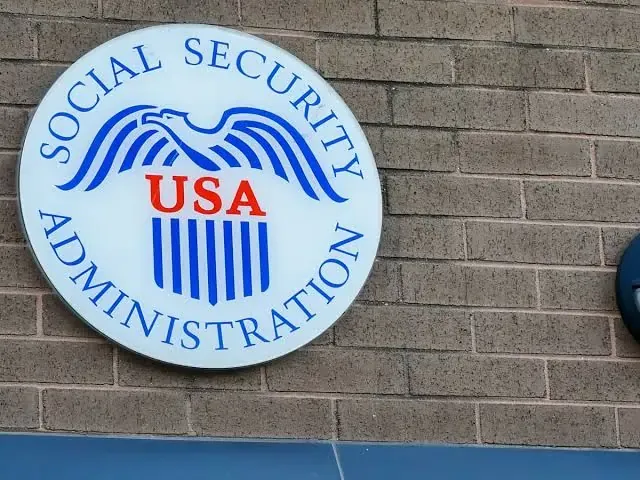Martin O'Malley, Commissioner of Social Security, hailed the news as "good news" for the program's 70 million beneficiaries. He emphasized the importance of Congress taking steps to shore up the program's finances to ensure full benefits can be paid "into the foreseeable future." However, despite this temporary reprieve, the underlying challenges remain.
Social Security relies on its trust funds to provide monthly checks to beneficiaries, primarily funded through payroll taxes. However, the reserves are dwindling as spending outpaces income. Factors contributing to this imbalance include the wave of baby boomer retirements and an aging population.
If no action is taken, the consequences could be dire. While benefits won't vanish overnight, recipients could face a 17% cut in their monthly checks once the trust funds are depleted. This would undoubtedly be a blow to millions of retired and disabled Americans. However, it represents a slight improvement from the previous projection of a 23% cut.
Advocates for older Americans, such as AARP CEO Jo Ann Jenkins, have praised the improved outlook but are urging Congress to act swiftly. "Congress owes it to the American people to reach a bipartisan solution," Jenkins stated, stressing the high stakes involved.
Maya MacGuineas, president of the Committee for a Responsible Federal Budget, echoed this sentiment, highlighting the urgency of the situation. "Every year we get closer to the deadline, we seem to get further away from the solutions," she remarked. Without intervention, Social Security's retirement trust fund could be insolvent by the time today's 58-year-olds reach the normal retirement age.
The financial outlook for Medicare, the federal government's health insurance program, has also seen improvement. Its go-broke date for the hospital insurance trust fund has been pushed back to 2036. President Joe Biden credited his administration's economic policies for this positive development.
"Since I took office, my economic plan and strong recovery from the pandemic have helped extend Medicare solvency by a decade," Biden stated. He emphasized his commitment to ensuring the solvency of both Social Security and Medicare without resorting to benefit cuts or privatization.
While the news of extended solvency for both Social Security and Medicare is undoubtedly welcome, challenges remain. Lawmakers must navigate complex fiscal issues to ensure the long-term viability of these crucial programs. The debate surrounding potential solutions, such as raising the cap on payroll taxes or adjusting the retirement age, is likely to intensify in the coming years.
In the meantime, beneficiaries are encouraged to stay informed about developments and to advocate for policies that safeguard their interests. With careful planning and bipartisan cooperation, there is hope that Social Security and Medicare can continue to provide vital support to millions of Americans well into the future.

